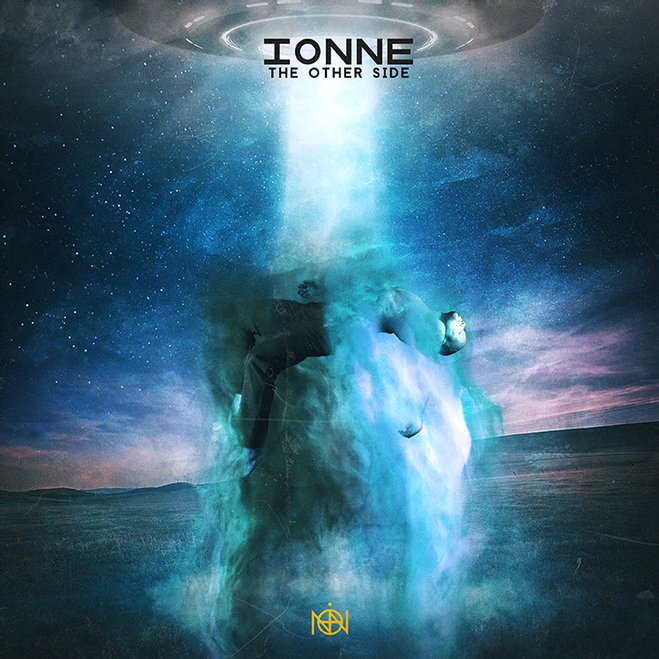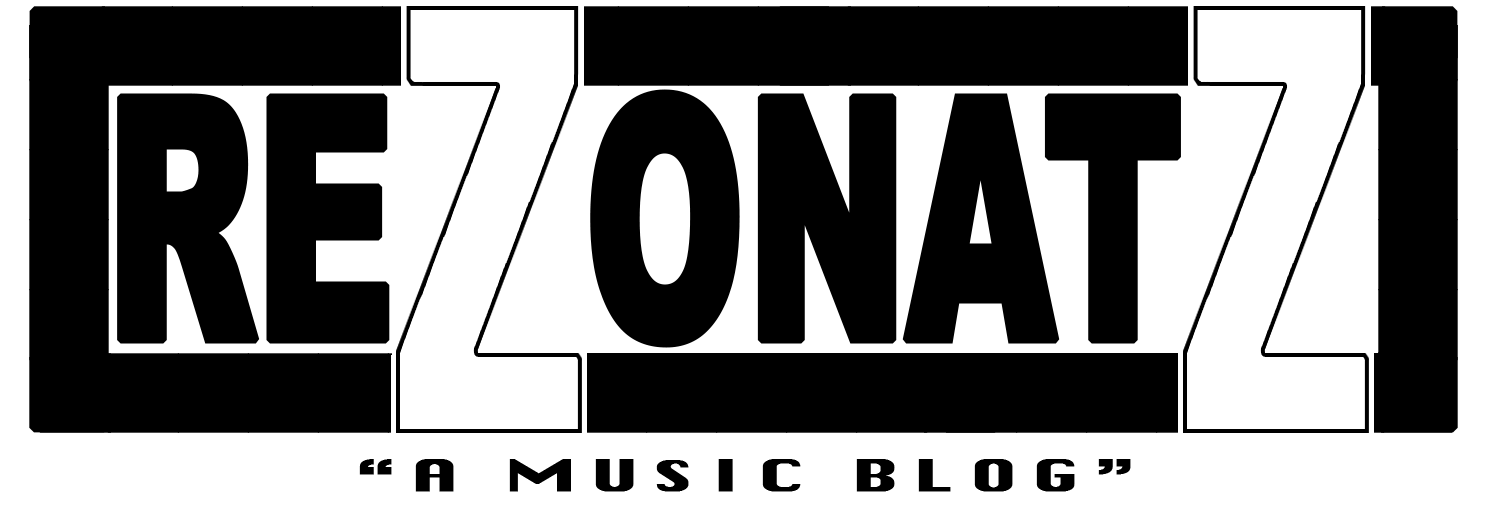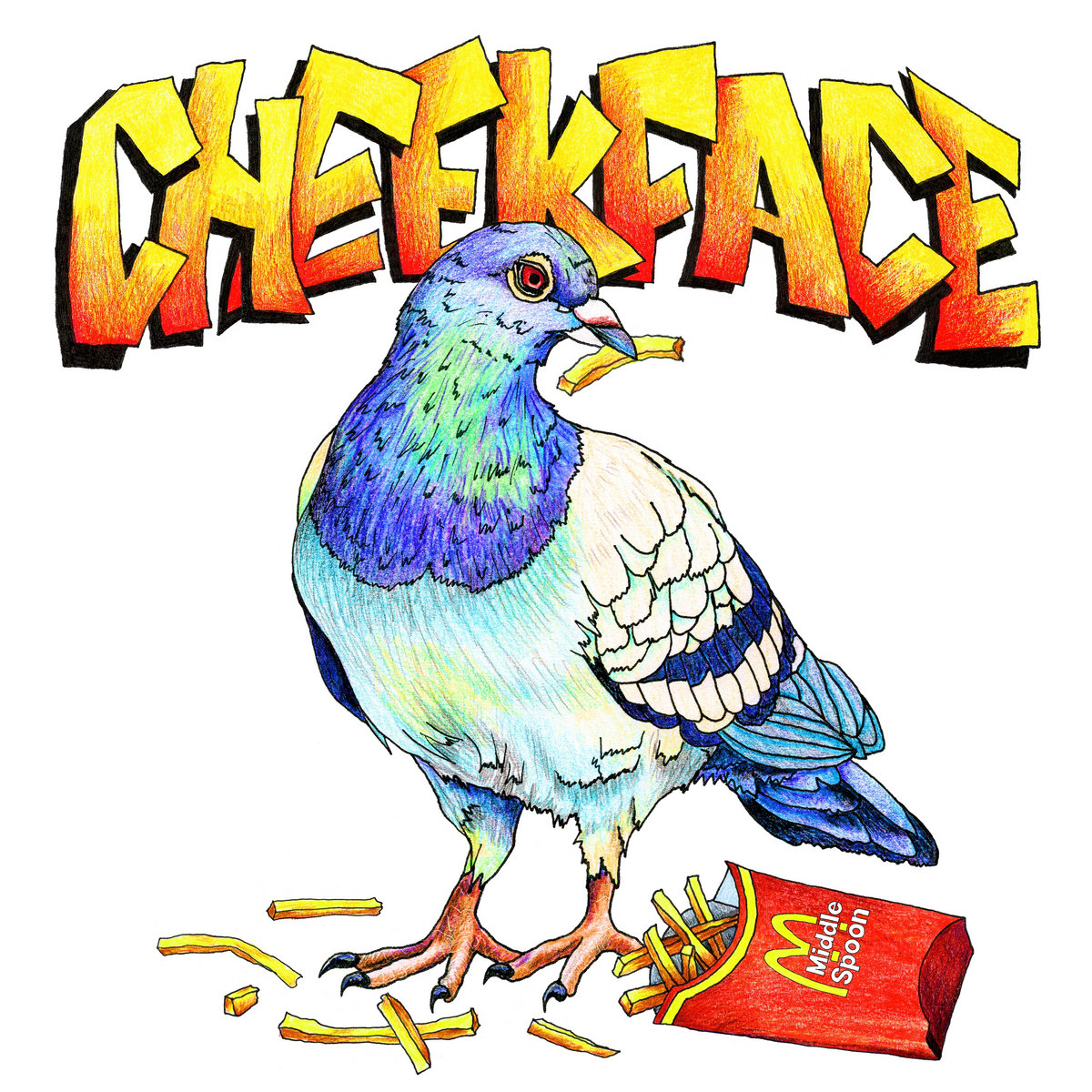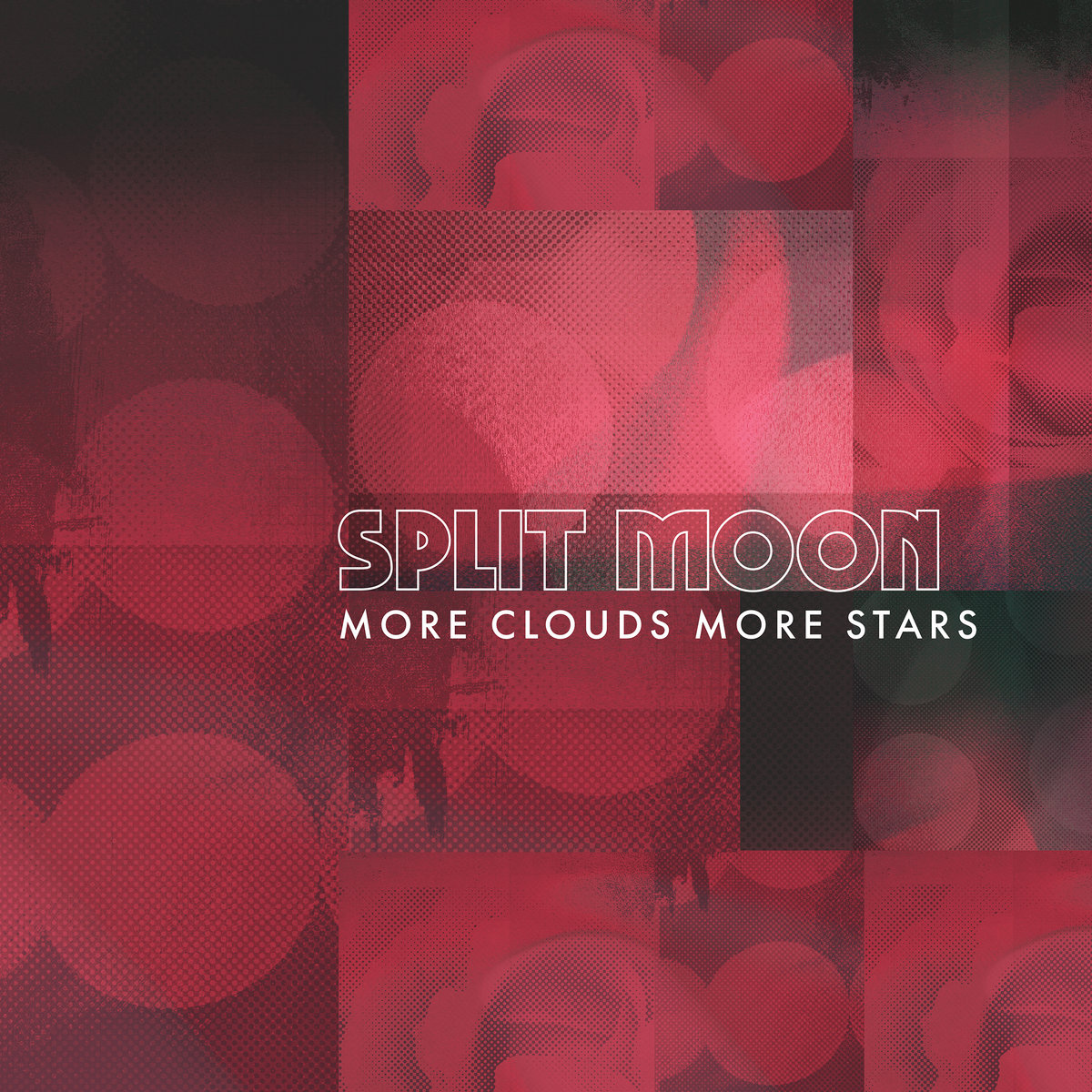
“Chaos” is the word that describes what I felt at the onset of mandatory stay-at-home orders. It was difficult to wrap my head around the fact that COVID-19, an infiltrator smaller than the eye could see, had ended life as anyone had known it. It seemed bitterly ironic that in a world starved for connection—physically, politically, emotionally, and socially—people would be forced apart. I was unusually anxious about life in general, scrolling through the newsfeed on my phone at 3:00 a.m., unable to get a good night’s sleep. The blue glow from my husband’s side of the bed suggested that I wasn’t alone. Writing and recording became my attempt to understand and organize chaos.

Tracks #1 & 2 “The Other Side” and “The Other Side (Ionne Remix)” While I am grateful that my husband’s work requires little human contact, I am aware of the risk he takes each time he walks out the door. Life is fraught with uncertainty, and neither of us knows how or when one might lose the other. When I wrote “The Other Side,” I had been reading news about partners who had died in separate rooms of their homes, people who had checked into hospital quarantine wards never to return. So much left undone. “The extra set of house keys. The second car. The shirt you wore last week still on the floor.”
Track #3 “Distance” There are two versions of “Distance” on the E.P.—one with lyrics and one without. The piece was originally intended as an instrumental. The lack of vocals may have been my own subconscious treatise on yearning for human contact. The chord progressions convey adventure, uncertainty and hope, and the arpeggiated, other-worldly melody is meant to evoke a sense of teleportation. Ultimately, “Distance” is a fantasy about transmitting the body across space and time in search of connection.
Track #4 “Distance (Ionne Vocal Mix)” I revisited “Distance” after reflecting on stories of friends, family and others who were risking travel to be with loved ones in faraway places. The same mix of adventure, uncertainty and hope expressed in the instrumental is conveyed in the vocal mix. “Time knows no distance that I won’t go for you. Hold on.”
Track #5 “Something More Than Love” During one of my restless news binges, I read an article about couples struggling to stay together during quarantine. According to the author, forced isolation was causing people to assess their cohabitants and themselves in ways they had previously avoided. I recalled one interviewee admitting that his relationship was doomed. While he knew that his partner would likely move on once the quarantine was over, he wasn’t ready to let go. “Something More Than Love” speaks to emotional distance, the aftermath of deep introspection, and the continued longing for connection even in times of allowed physical contact.
Track #6 “Something More Than Love (Ionne Remix)” Although the final track on the E.P. is billed as a remix of “Something More Than Love,” it is more accurately an original tune made from pieces of the previous song. As individual States began easing their restrictions on physical distance, the predictable effects of America’s oldest pandemic, racism, reached a fevered pitch in response to the police killings of George Floyd, Breonna Taylor, Ahmaud Arbery, Tony McDade and countless others whose deaths are linked to the history of racial injustice in the U.S. In the midst of the chaos, voices are crying, “You need, we need, the world needs, I need something more than love.”
The Other Side E.P. is available from Apple Music and Spotify.
About
The question I hear most often is, “Where did you get the name, Ionne?” Honestly, I don’t quite recall. I must’ve heard it somewhere when I was younger. And I’ve grown into the name in recent years. There has been no Pauline conversion. It’s been more of a transition. As my discography confesses, I’ve tried on a few other names, but Ionne has a particular aesthetic that I aspire toward musically.
By some accounts, ionne is an ancient form of the word ion, a charged atomic particle, which seems fitting for an electronic musician like me. Others suggest that Ionne may be linked to Iona and Ionia, names with spiritual connotations, a deeper way of thinking about the responsibility of an artist. Some argue whether Ionne is a masculine or feminine name, an argument that evokes my resistance against gendered—and often racialized—conceptions of art. Ultimately, as a gay, cisgender, African American man, I’ve found that Ionne gives me license to transgress external notions about who I am and who I am becoming.
My career as a recording artist began in 1994 at the age of 19 when I took a job with Ligosa Records & Sound Studios, a production company in Cincinnati, Ohio later known as Legend Entertainment Corp. Ligosa was doing a lot of work for New York and Los Angeles based record labels and music supervisors at the time. I relished the opportunity to work with award-winning creators, and I filled my discography with major label remixes, independent releases, and original songs for television. By the early aughts, however, I found myself wanting more. I needed to re-calibrate — to hit the reset button — so that I could explore opportunities outside of commercial entertainment that would lend to both my personal and artistic growth.
My path has been unconventional to say the least. I’ve managed two identities for over a decade — one as an independent recording artist, the other as a creative director specializing in marketing and communications. It’s been a healthy symbiosis. Over the years, my creative process has become more intentional than it used to be. The music I produce today is designed to engage people across difference and drive positive social change. I write songs of protest and celebration. And I use electronic music to both shape and re-imagine the future.









